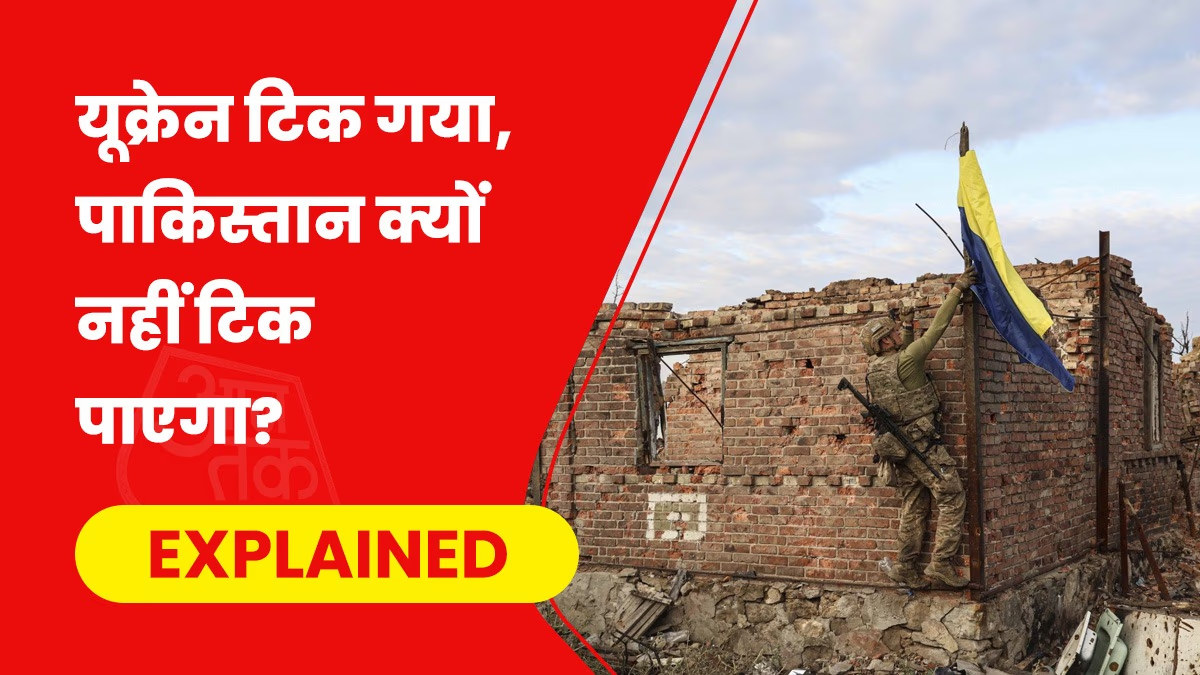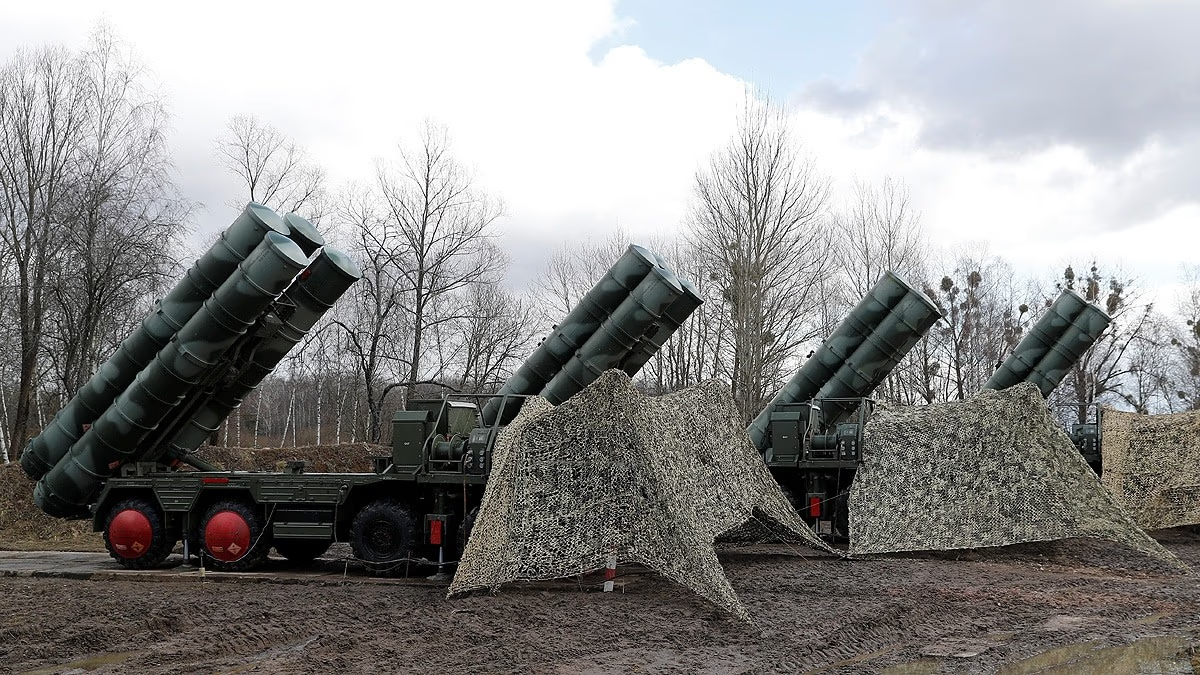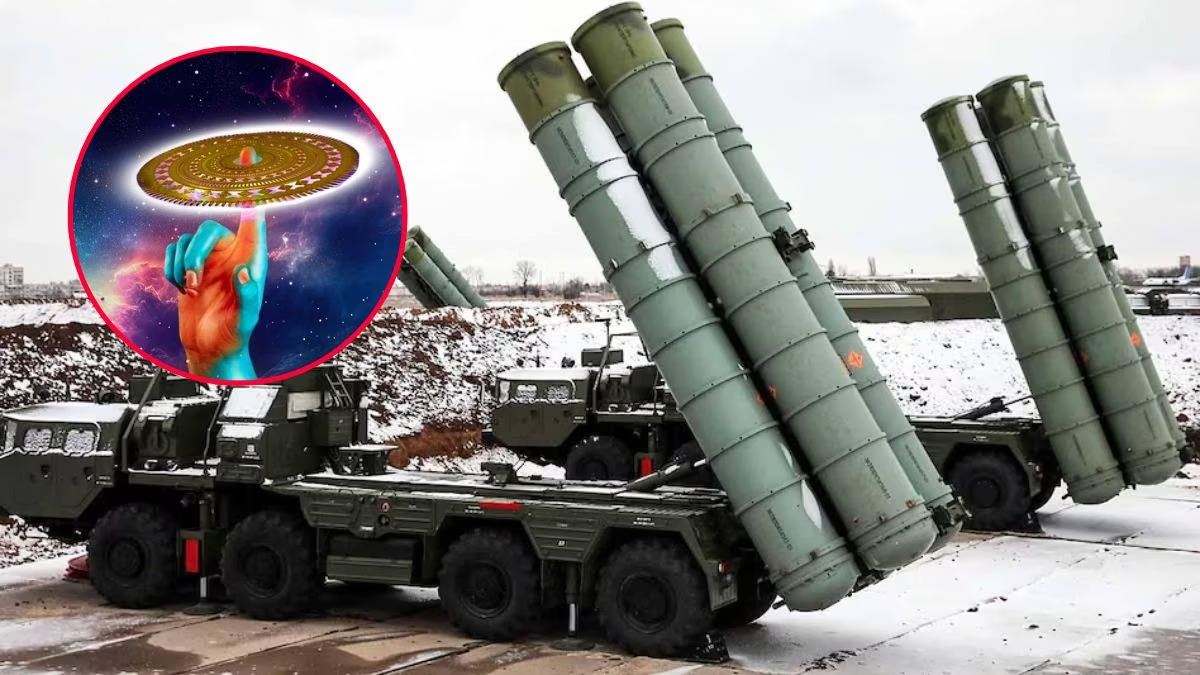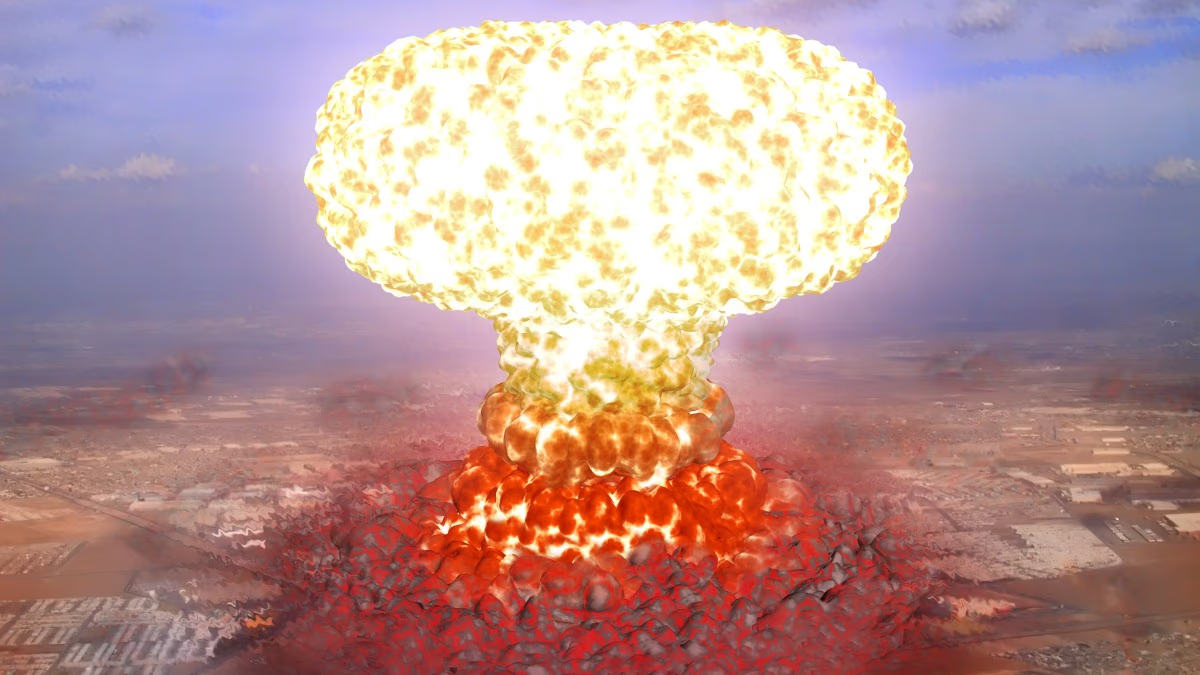In retaliation to the Pahalgam terrorist attack, the Indian Army struck Pakistani terrorist bases, causing Pakistan to disregard international norms. This has brought the two nations to the brink of war, amidst a military and economic disparity where Pakistan, much weaker, continues to push back. Comparisons to Ukraine, which remains entrenched in conflict with Russia three years on, have emerged.
When Russia launched its invasion in February 2022, global defense experts predicted Ukraine would not endure even for a few days. Contrary to expectations, Ukraine not only survived but also managed to weaken Russia on multiple fronts, prompting a series of international sanctions on Moscow. Unique forces and circumstances contributed to Ukraine's sustainability in this prolonged conflict.
This small nation garnered nearly unanimous Western support. Under the Biden administration, the U.S. consistently provided Ukraine with economic and military aid. In solidarity, Germany and the entire European Union followed suit. NATO furnished Ukraine with modern weaponry and satellite intelligence. The entire West extended diplomatic reprieve to Ukraine, enabling sustained focus on the war effort.
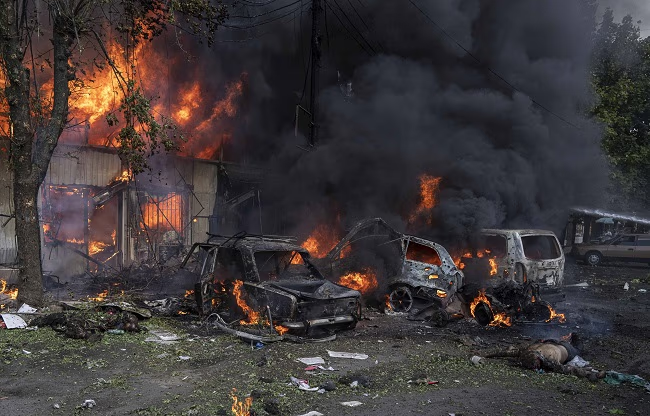
Source: aajtak
A vigorous narrative battle unfolded, wherein Ukraine continuously shared reports, images, and videos exposing Russia, accused of violating wartime conduct and human rights. Global sympathy surged for Ukraine, a small nation challenging Russia, the second superpower. Support increased, with analysts at the Kiel Institute for World Economy monitoring nations contributing to Ukraine. Approximately 30 countries, led by the U.S., have supplied arms.
Ukraine's scenario prompts the question: If a full-scale war erupts between India and Pakistan, will Pakistan hold its ground? Initially, the comparison might seem valid, but the stark differences between Ukraine's and Pakistan's circumstances are evident upon closer examination.
Pakistan has long grappled with economic crises. Accusations of sponsoring terrorism have led to diminished international monetary support. With extreme inflation crippling the nation, Pakistan is ill-prepared for protracted warfare, lacking essential supplies for its soldiers.
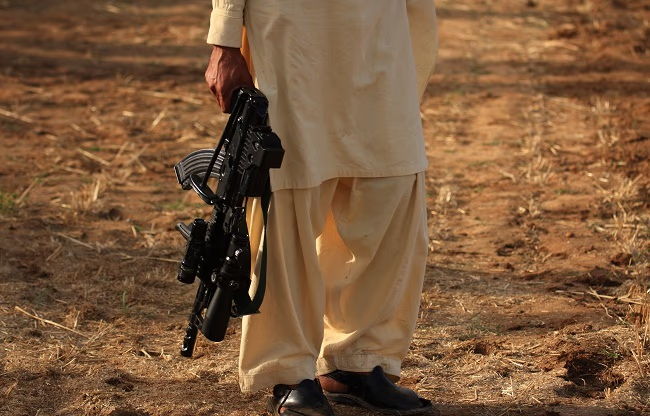
Source: aajtak
Moreover, the anticipated support Pakistan hoped to receive is noticeably absent. Nearly all Islamic countries have withheld direct aid. While Turkey, Azerbaijan, and Malaysia stand by Pakistan, their capacities are limited. China, the sole formidable supporter, might offer covert, limited assistance, as it's pursuing its global power ambitions and aligning openly with Pakistan could tarnish its image. Gulf nations like Saudi Arabia and the UAE, showcasing proximity to India, will prioritize diplomatic interests.
Another crucial issue is the absence of a global narrative backing Pakistan. Unlike Ukraine, seen as the aggrieved, Pakistan's perception as a terrorism-promoting state precludes open Western support, especially with India wielding significant diplomatic influence.
Pakistan lacks internal stability, with persistent tensions between its military and government, necessitating unity during warfare. In summary, despite possible sporadic military or economic aid from China or select nations, Pakistan's sustenance in prolonged conflict appears improbable.
